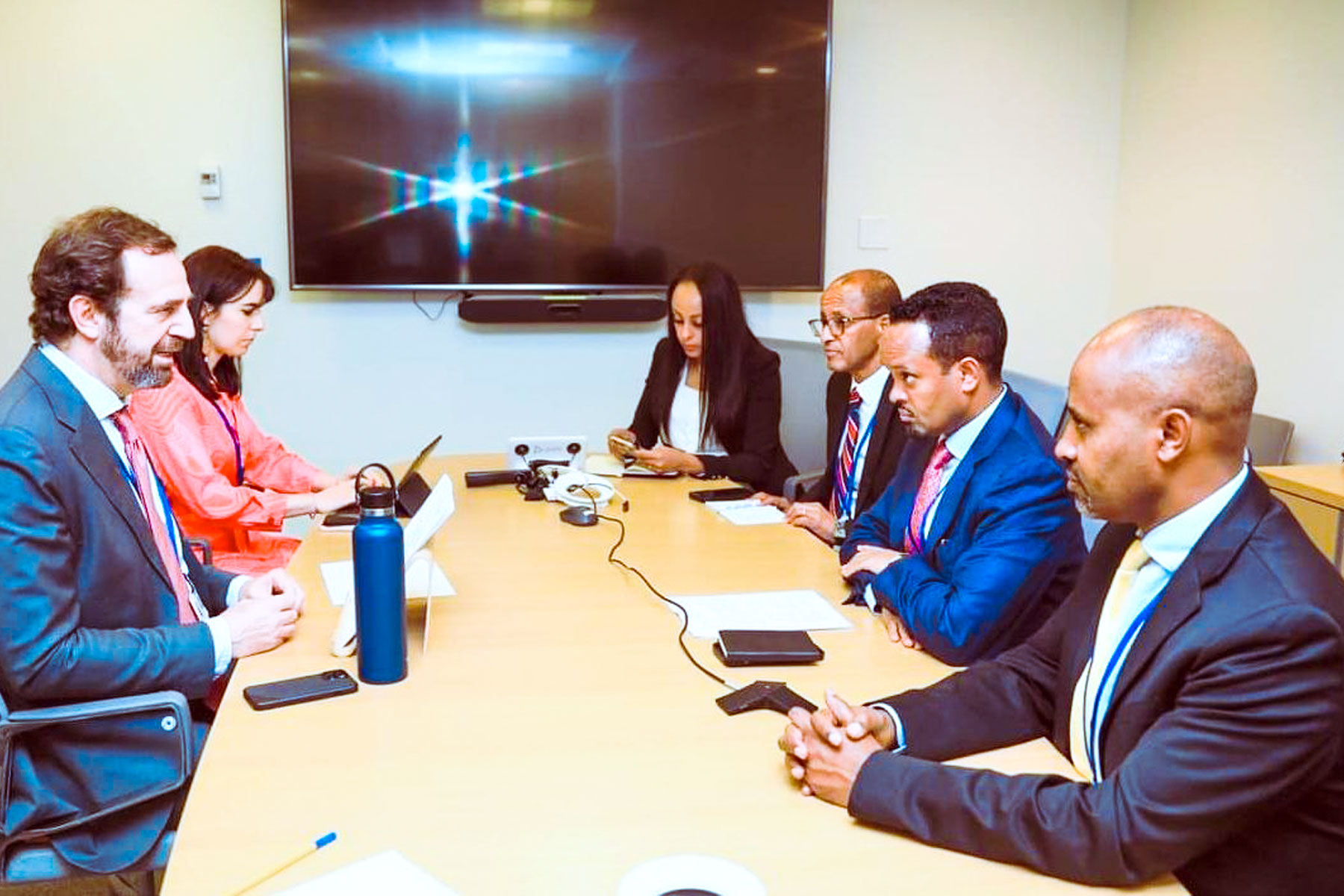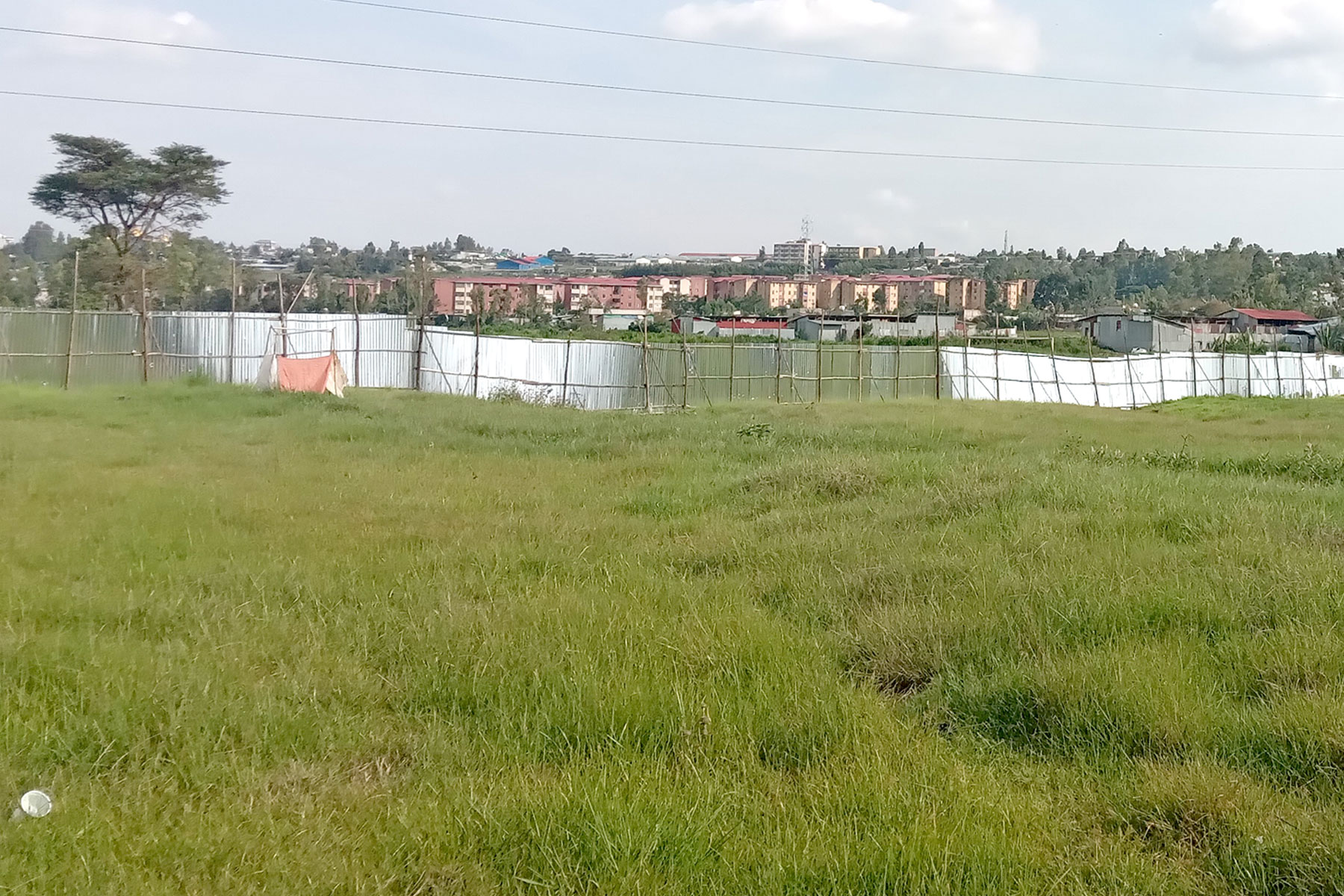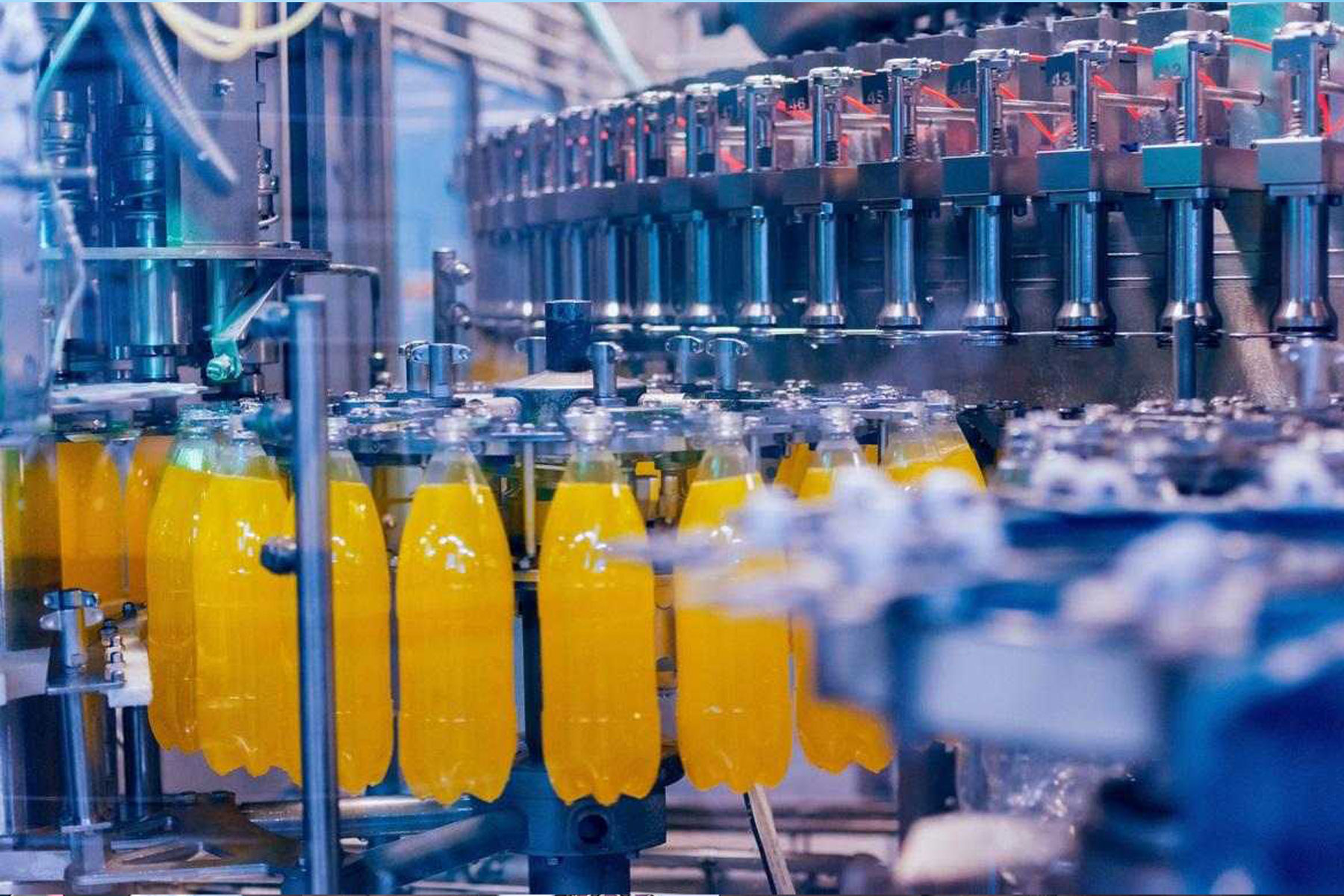
Fortune News | Jul 25,2020
Dec 19 , 2020
By Kidist Yidnekachew
The world is home to many strange things. One of these is what lies behind the feeling most of us refer to as "love" â the hormone oxytocin. During physical interactions, its levels rise up. Women having higher levels of oxytocin than men, it is usually released during birth, lactation or sexual intercourse.
Research indicates nasal spray of oxytocin or intranasal oxytocin can be used to enhance bonding and social interactions. But consider the implication of this with further development of drugs - the potential to resuscitate love, bring back the raging flame and longing couples usually experience at the beginning of their relationships.
That flame dies at some point in marriage or a relationship. The possibility of keeping the flame alive for longer would be music to many people's ears. If only it were that easy, many would stand in line to get it. It is easier to sniff some substance and see if it reverts the magic than to try and fix a relationship. The latter requires patience, hard work, and there is always a chance it might not work.
A close friend of mine and her boyfriend of eight years could have used such a drug. Surprisingly, neither were bitter about the breakup. I was, since I used to look up to them. But she told me the love was long gone, and there was nothing else left. The boyfriend was of the same mind.
"There was no excitement in the relationship anymore,â he said. âNothing to look forward to. We both knew everything there is to know about each other, and that made us predictable, boring."
I told him that I was sorry to hear that it was over between them.
âNothing lasts forever, right?" he said.
He is right. I know lots of couples who break up after staying together for eight to 10 years. Just when I think they are tying the knot, they call it quits. I often wonder what the reason is.
Is it because they already feel like they are married and take each other for granted that they stop working on their relationship?
The emotion couples feel for each other is a complicated one. It is arguably conditional. We do not even love ourselves unconditionally let alone others without condition. Sure the conditions might not always be superficial but are highly dependent on the action of the loved ones.
For instance, a person that has a level of economic independence would not likely continue to live with an abusive partner. It might take them some time to realise what is happening and figure out how to get out of the situation. But in the end, they would do the right thing. Not doing this ultimately points to a certain emotional condition or an economic constraint.
I am sure that some would disagree. They may see the whole project of a relationship as an exercise in acceptance. Others would argue that it is an act of caring and affection. Still, others would argue that it is an uncontrollable desire to want that person, though this may border on obsession. However we look at it, it is not something that lasts forever. A whole range of social, financial and personal circumstances conspire to keep it alive; the most important is perhaps the latter.
Relationships are like plants. They have to be nurtured to grow. But the minute we stop working on our relationship, striving to build trust and companionship with our partner, the union is in trouble. There are no drugs able to reverse this, at least not yet.
PUBLISHED ON
Dec 19,2020 [ VOL
21 , NO
1077]


Fortune News | Jul 25,2020

Fortune News | Jun 14,2020

Fortune News | Jun 12,2021

Radar | Sep 10,2023

Fortune News | Apr 29,2023

Photo Gallery | 96775 Views | May 06,2019

Photo Gallery | 88956 Views | Apr 26,2019

My Opinion | 67177 Views | Aug 14,2021

Commentaries | 65764 Views | Oct 02,2021

Feb 24 , 2024 . By MUNIR SHEMSU
Abel Yeshitila, a real estate developer with a 12-year track record, finds himself unable to sell homes in his latest venture. Despite slash...

Feb 10 , 2024 . By MUNIR SHEMSU
In his last week's address to Parliament, Prime Minister Abiy Ahmed (PhD) painted a picture of an economy...

Jan 7 , 2024
In the realm of international finance and diplomacy, few cities hold the distinction that Addis Abeba doe...

Sep 30 , 2023 . By AKSAH ITALO
On a chilly morning outside Ke'Geberew Market, Yeshi Chane, a 35-year-old mother cradling her seven-month-old baby, stands amidst the throng...

Apr 20 , 2024
In a departure from its traditionally opaque practices, the National Bank of Ethiopia...

Apr 13 , 2024
In the hushed corridors of the legislative house on Lorenzo Te'azaz Road (Arat Kilo)...

Apr 6 , 2024
In a rather unsettling turn of events, the state-owned Commercial Bank of Ethiopia (C...

Mar 30 , 2024
Ethiopian authorities find themselves at a crossroads in the shadow of a global econo...

Apr 20 , 2024
Ethiopia's economic reform negotiations with the International Monetary Fund (IMF) are in their fourth round, taking place in Washington, D...

Apr 20 , 2024 . By BERSABEH GEBRE
An undercurrent of controversy surrounds the appointment of founding members of Amhara Bank after regulat...

An ambitious cooperative housing initiative designed to provide thousands with affordable homes is mired...

Apr 20 , 2024 . By AKSAH ITALO
Ethiopia's juice manufacturers confront formidable economic challenges following the reclassification of...